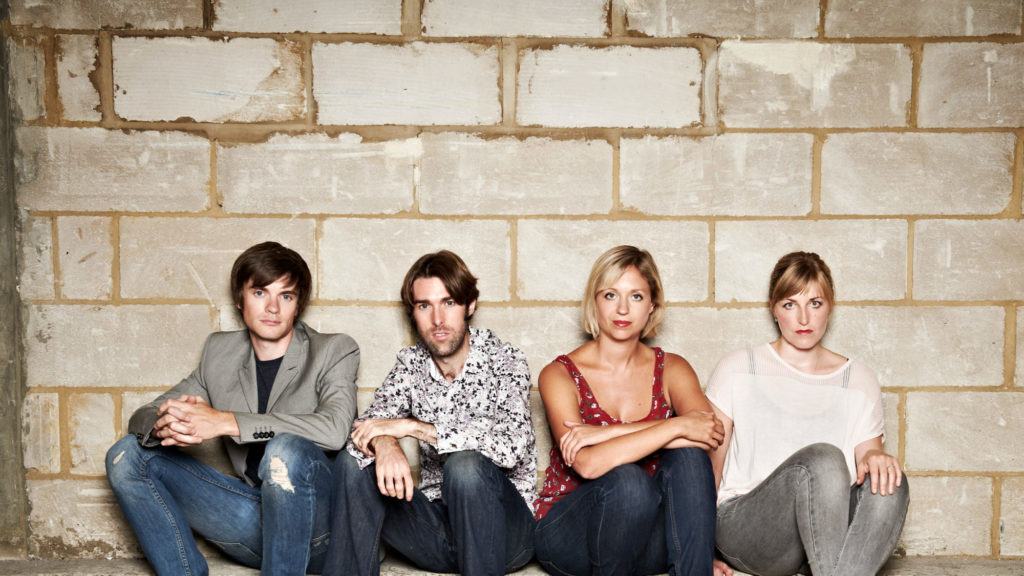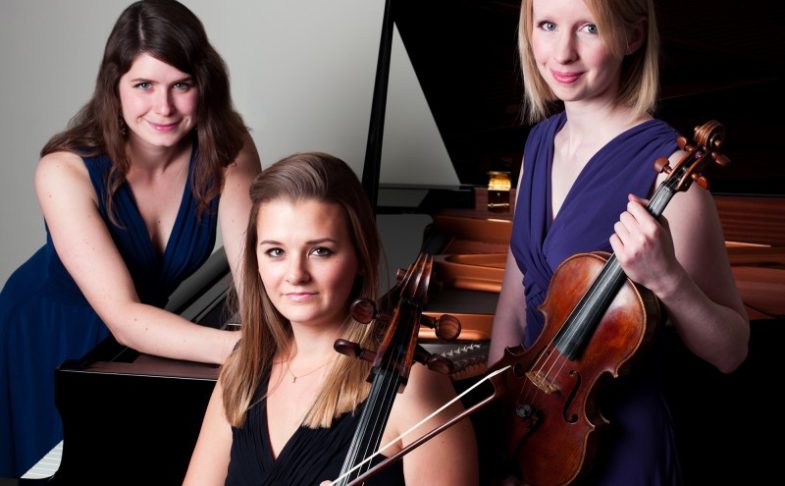
FORTUNE favours the brave. Back in May when the Covid outlook was far from clear, the British Music Society of York (BMS) took the courageous decision to go ahead with their 100th season in October. It had already been delayed a year.
This quintet – a string quartet with added cello – was the happy result, in a members-only evening last Friday.
Schubert’s incomparable String Quintet in C was preceded by the world premiere of an engaging new BMS commission for the same forces from Nicola LeFanu, one of the society’s two vice-presidents.
Titled simply Quintet and lasting some 20 minutes, it lives up to the composer’s typically lucid programme-note as a combination of celebration and reflection, which are mirrored in two contrasting themes. The faster of these provides a rondo motif while the slower inspires its diversions.
The device works excellently. The two cellos generally operate as a pensive pair, while the higher strings interrupt, sometimes intensely, always excitedly, often preferring a catchy iambic rhythm when not adding twinkling filigrees. But all of the instruments have something individual to say.
At the centre of the work is a solemn chorale, after which the second cello has a broad, yearning passage – which Tim Lowe attacked with relish. This is the signal for mounting urgency that is capped by a return to the opening cello duet at the close. Did I detect here the semitone with which Schubert so determinedly ends his quintet?

The Sacconi and Lowe brought fervent application to their task, clearly enjoying its challenge. The music makes real sense on a first hearing, but would also repay deeper listening. It certainly commends itself as a partner to the Schubert.
Any players faced with one of the towering monuments of Western music will feel humbled. This manifests itself in different ways. Here there was a studied intensity to the first two movements of the Schubert, before an earthier Scherzo and a finale infused with the spirit of dance.
The mood of anticipation in the introduction was satisfied when the Allegro got going, but the repeat of the exposition was much tauter (and rhythms wittier too) than its first statement.
Second cellist Lowe was the engine, as in several places later, for the development section. He also ignited more fire in the middle of the slow movement – although the pregnant rests that followed were a tutti effort, before the heart of the Adagio hovered beautifully again.
In the Scherzo, the ensemble really began to relax, so much so that its Trio almost ground to a halt, it was so leisurely. In the circumstances, the return of the Scherzo came almost as a relief.
The finale, so often a let-down in this work, was anything but: there was even an element of mystery before the main theme returned. Doubt lingered as to whether all five players shared the same overall vision for this piece. But the BMS is back in business. Hurrah!
Review by Martin Dreyer

